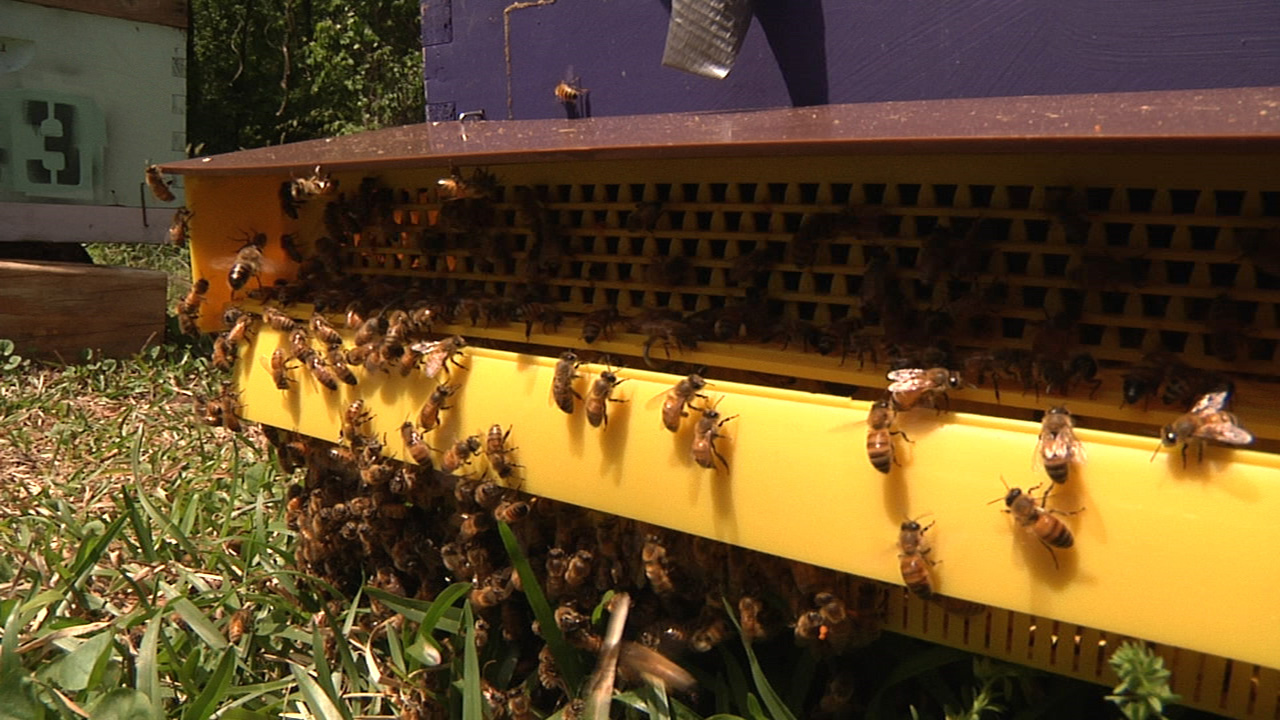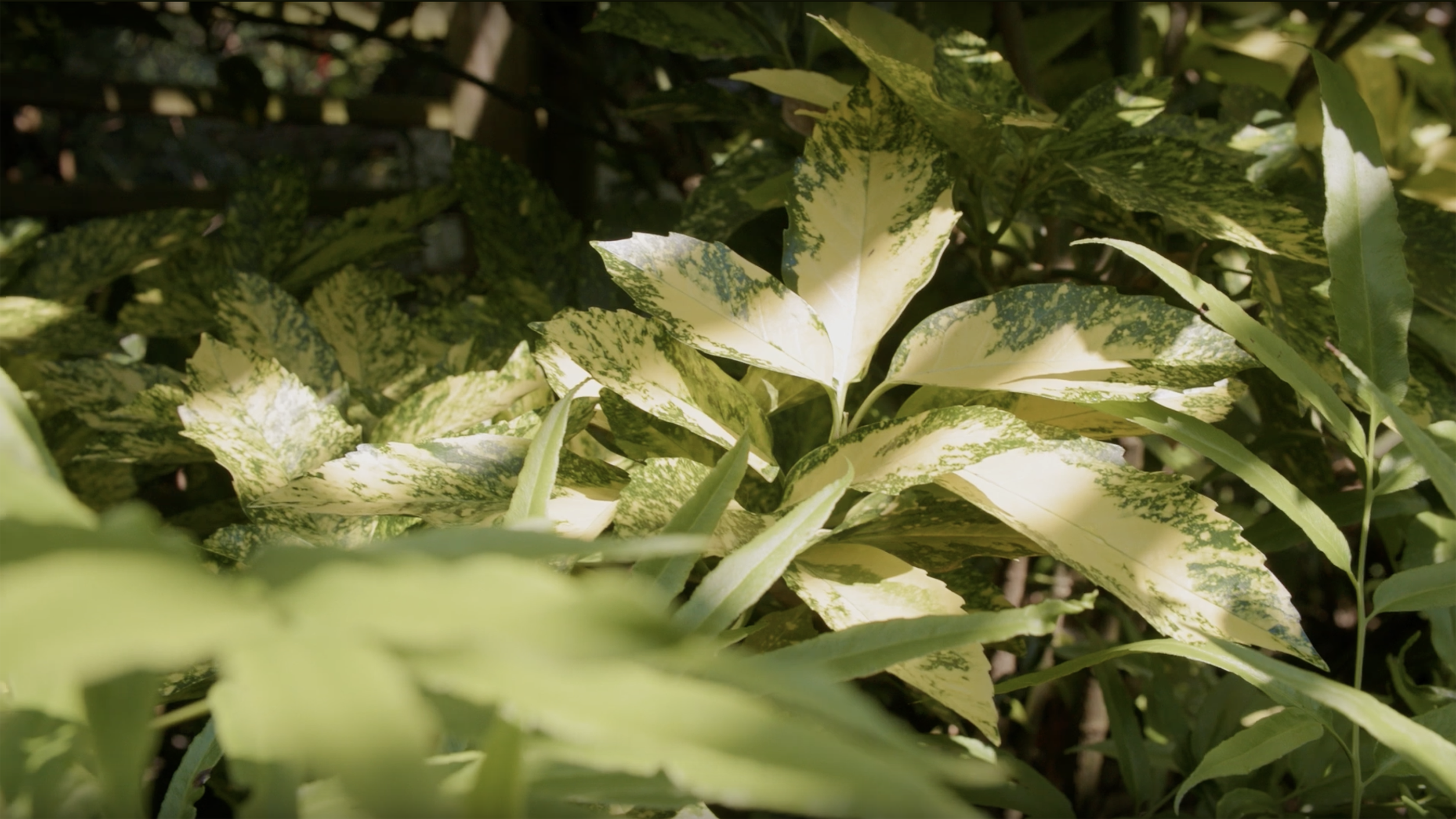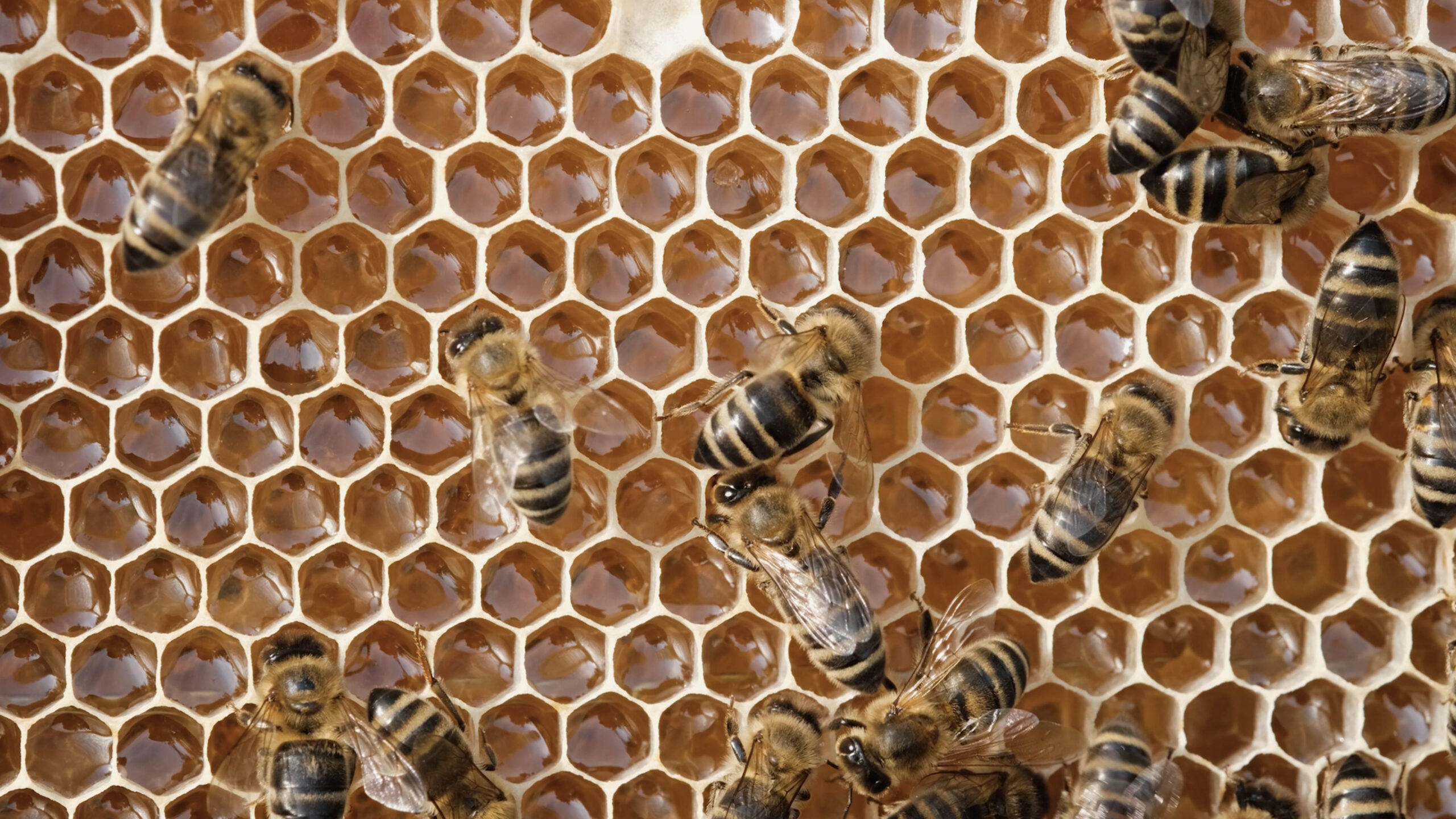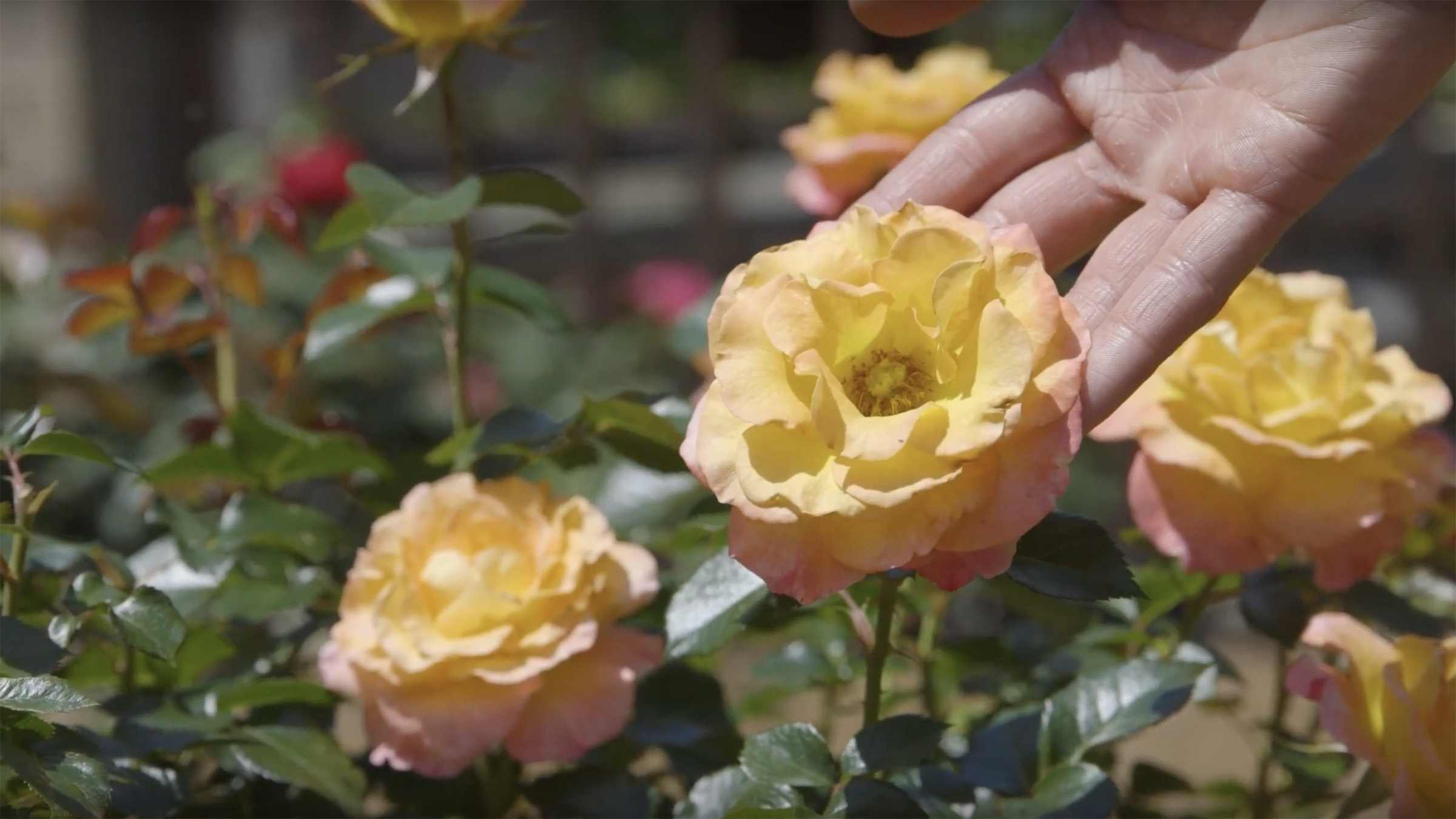Dwindling honey bee colonies are a growing concern – a $15 billion concern.
And that just accounts for the value of honey bee pollination to agricultural crops each year in the United States. Considering the whole of honey bees’ contributions to our economy, food production systems and environmental well-being, any decline would sting.
Honey bees act as pollinators – transferring pollen from one flower to another, without which many plants could not produce fruit – for more than 100 crops, providing invaluable support to North Carolina’s $87 billion agriculture industry.
Like the worker bees of the colony, who labor day and night to maintain a functioning hive, honey bees do a great deal of work that helps sustain our food supply (not to mention the state’s top economic engine). Busy bees, indeed.
Despite their role as an essential insect, the number of hives in the state has decreased by over 40 percent since the mid-1980s, forcing many growers of bee-dependent crops, like apples, cucumbers, watermelons and strawberries, to rent hives to ensure proper pollination.
Let’s face it: No bees? No food.
In this episode of Homegrown, we join NC State Extension’s apiculture specialist, David Tarpy, and NC State doctorate students as they talk about the importance of the honey bee and what farms and homeowners can do to help this pollinator proliferate.
How Can I Grow a Bee-Friendly Garden?
NC State’s Anne Spafford, an associate professor of horticultural science, shares advice on how your garden can protect these pollinators. Find the full list of tips, along with a chart of the best plants for bees: ‘Bee’ a Pollinator Protector in Your Garden.
- Plant flowers that bloom from early spring through the fall frost (late summer is most critical).
- Avoid flowers with so many petals that bees can’t access pollen or nectar.
- Bees get thirsty, too — provide a watering station such as a birdbath filled with rocks.
Make a Bee-line to More Information
- Sweet Moves: Honey Bee Dance Language – the honey bee dance is a model example of animal communication and one of the most fascinating behaviors in nature.
- BEES (Beekeeper Education and Engagement System) Program – a new online resource for beekeepers at all levels that’s open to the public and covers honey bee biology, honey bee management and the honey bee industry.
- The Different Types of Honey Bees – learn how to tell a carpenter bee (yikes!) from a honey bee, along with characteristics of different bees from around the world.
- Building Buzz on Capitol Hill – read more about how NC State is educating Congress on bee research to improve colony health.
- View the newsletter published by NC State’s Apiculture Program.
- Categories:



